Building bridges between traditional bonesetters and hospital staff in Tanzania
The Global Surgery Foundation is partnering with the team at Shirati KMT Hospital and Shirati Foundation to facilitate the implementation of the project “Building bridges for Broken Bones”.
The project aims to build effective collaboration between traditional bonesetters and local hospital staff by establishing a collaborative triage and treatment model to treat extremity fracture patients. As an initial step, the project team conducted key informant interviews with two doctors and two government officials. They also held focus group discussions and spoke with over 40 bonesetters, as well as fracture patients. All groups agreed that this collaboration would be beneficial and expressed strong support for the project.
“Three traditional bonesetters were selected to partner on the pilot of the collaborative treatment model”
Following the established support for the project, three traditional bonesetters were selected to partner on the pilot of the collaborative treatment model from the communities of Bubombi, Randa and Gabimori. A selection criteria included the shared principles for fracture treatment, namely: reduction, fixation, massage and exercise. As a first step in building bridges with the bonesetters, they were invited to Shirati KMT Hospital and welcomed by the medical director, Dr Bwire Chirangi before receiving a tour of the hospital grounds. The bonesetters met with different medical staff and were provided with an opportunity to ask questions as an initial effort for building relationship and trust. Over the coming months, further visits are scheduled between the bonesetters and hospital staff. This will provide opportunity to share more about traditional bone setting practices, discuss the study protocol and create mutual understanding about the project.
“For the traditional bone setters, it was the first time being shown an actual X-ray machine, or entering a surgical theater”
Preparations to conduct the household survey to estimate the burden of disease in the Rorya district are progressing well. The project has received ethical approval from the National Institute for Medical Research (NIMR) of Tanzania. The project is also benefitting from the donation of a portable X-ray imaging system by Delft Imaging; the Delft Ultra. The availability of this unit will greatly improve the quality of data collected in this project.
The team at the Global Surgery Foundation is excited about the progress and to continue working with our local and global partners.
Learn more about the project and keep up to date by clicking here.

